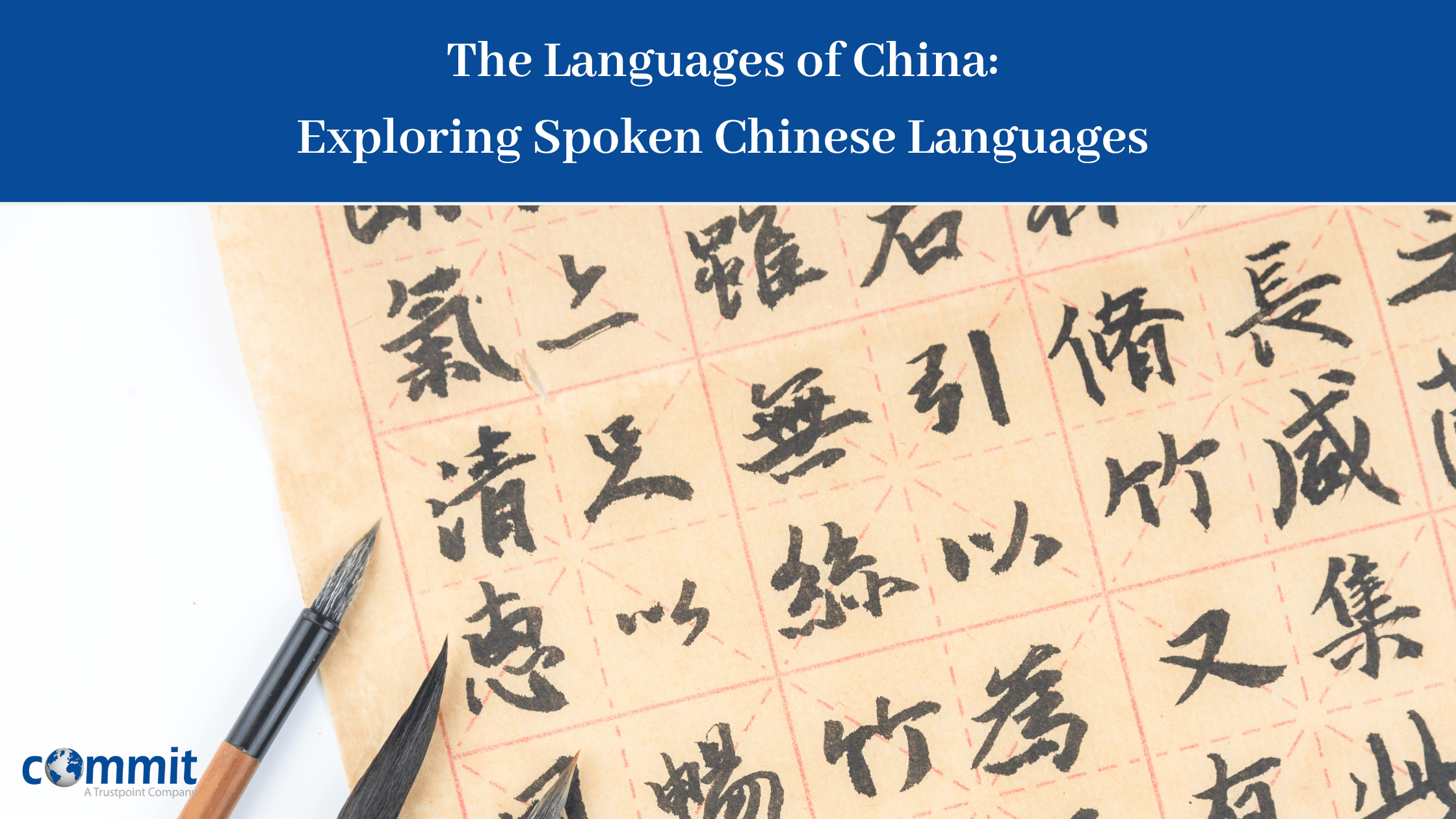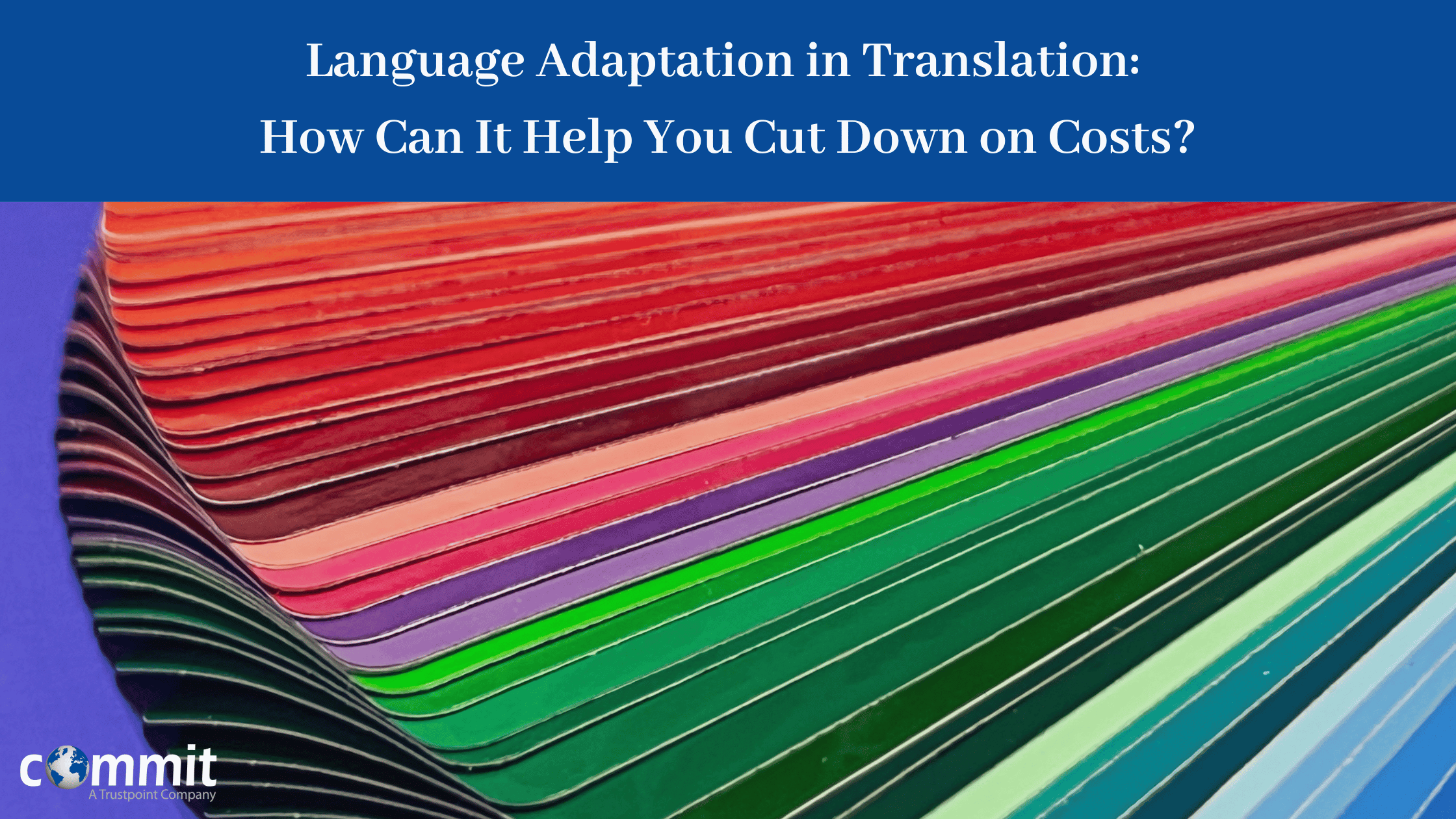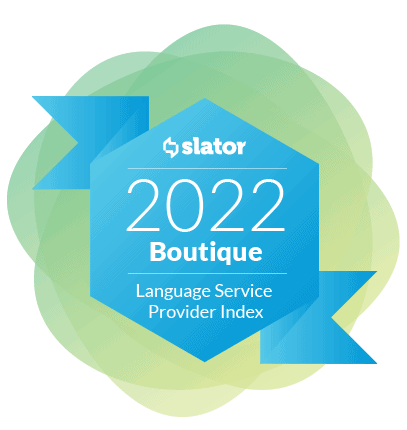|
Listen to Post
|
Listen to this article now:
Grammatical errors and inaccurate translations can jeopardize any company’s image and reputation, but when it comes to the medical industry, where inaccuracy may have direct effect on patients’ lives, quality and accuracy are not just important, they are imperative.
Medical translations ensure patients’ safety
Medical translations are translations of technical, regulatory, clinical or marketing documentation, software or training curriculum for the pharmaceutical, medical device or healthcare fields. Most countries in the world require translations of all documents and labelling associated with medical devices or pharmaceuticals into the country’s national language to ensure the safety of the patients using them. In the EU, the new Medical Device Regulation (EU MDR) requires that every device must be accompanied by translations of all required documentation in each of the 24 official EU languages. When the safety of a patient depends on understanding of directions, clear communication and the correct operation of medical devices, there is no room for errors and misunderstandings.
Medical translations require subject-matter experts
Because of this highly technical, sensitive and regulated nature of medical texts, there has been a need for translators and interpreters who not only have linguistic skills but are subject-matter experts in a specific medical field. These translators meet the industry’s strict scientific and linguistic criteria and produce translated content to guarantee that medical device software, documentation, and marketing texts will be understood without errors by all users, patients and physicians.

ISO 13485: an additional safety net
As an additional step and to ensure high-quality, error-free deliverables for their clients, many companies that provide medical device translations have obtained the ISO 13485 certification. This ISO standard recognizes that medical translations play a vital role in the quality system of medical devices and it specifies that there is a need to manage the translation requirements.
The negative impact of non-professionals
On the other hand, the use of non-professional and non-expert translators could have particularly dire consequences on multiple levels: it could negatively impact the corporate image of a company, it could result in the clinical trial failure of a drug or a vaccine or in worst cases, it could put a patient’s life/health at risk.
The Case Of Willie Ramirez
To prove our point above, here is an example of how the wrong translation of a single word by a non-professional resulted in a medical malpractice compensation of $71 million.
Many of you might be familiar with the story of the 18-year old Willie Ramirez. Back in 1980, Willie was admitted to a Florida hospital in a comatose state. His family, who only spoke Spanish, described his condition to the paramedics as “intoxicado”. Translation was provided by a bilingual staff member who translated “intoxicado” as “intoxicated”.
Among Cubans, “intoxicado” is kind of an umbrella term that means there’s something wrong with you because of something you ate or drank, a meaning closer to the term “poisoned”. A professional translator or interpreter would have known that despite the similarity of the two words, the Spanish word is NOT equivalent to the English word “intoxicated”, that implies alcohol or drug use. No qualified interpreter was called at the hospital because the parties believed they were communicating adequately. His family believed he was suffering from food poisoning, while he was actually suffering from an intracerebral hemorrhage. The doctors believed he was suffering from an intentional drug overdose, which can lead to some of the symptoms he displayed. Willie was mistakenly treated for a drug overdose while his brain continued to hemorrhage. For 36 hours, everyone missed the signs of the brain hemorrhage. When it was finally diagnosed, surgery was performed to stop the bleeding but it was too late. Because of the delay in his treatment, Ramirez was left quadriplegic.

Ensure patients’ safety is not put at risk
The story of Willie Ramirez shows how important it is for the linguist (translator/interpreter) to fully understand medical terminology in both languages. It is imperative that the medical translations are as precise as possible so that the patient receives the proper care. In each medical translation project, the linguist should make sure that:
- he/she fully understands the source text and the medical terminology used,
- all instructions and directions are communicated correctly,
- all content is properly localized to the target language and culture,
because when it comes to medical translations and human safety, one single word can make a great difference.
If you want to learn how Commit Global’ s accurate medical translations can help safeguard your patients’ safety, contact us here.
Read also:
5 Steps to Success with Clinical Trial Translations
Informed Consent Translations: The Importance of Understanding
Why is language translation so crucial in clinical trials?
Linguistic Validation Services in Life Sciences Localization







